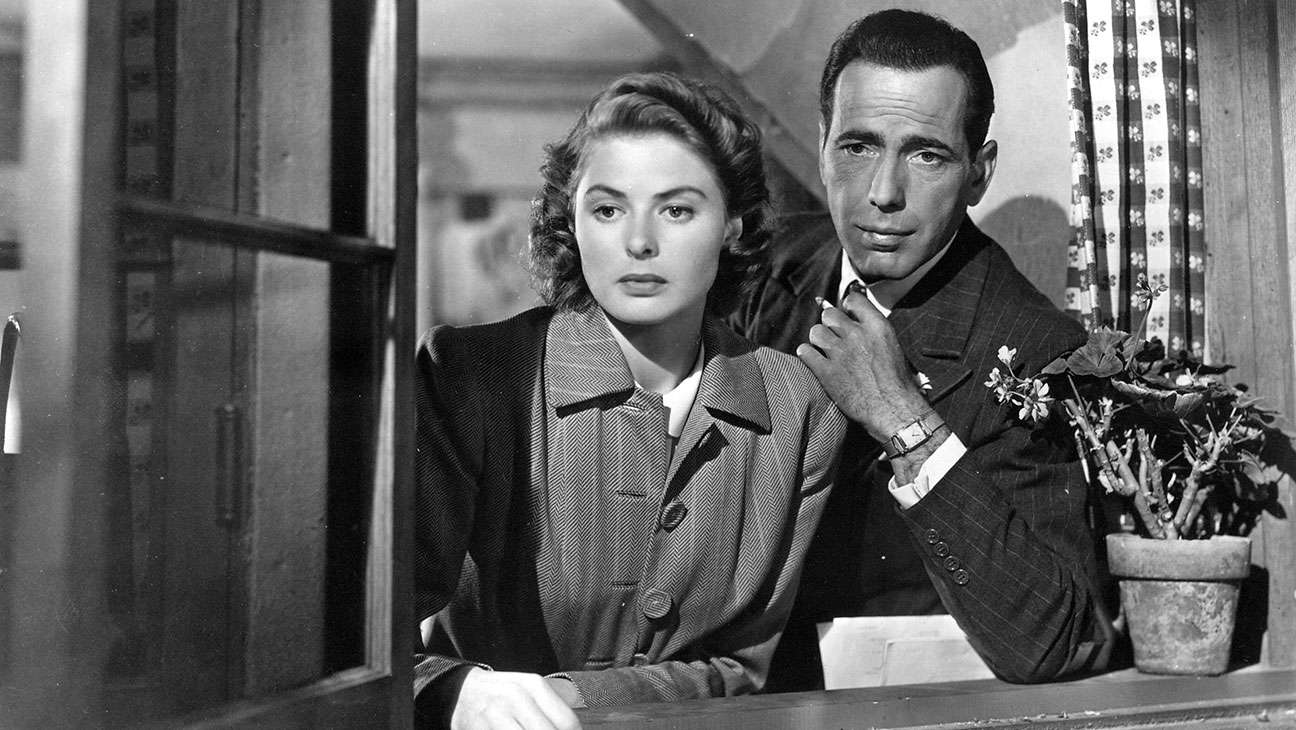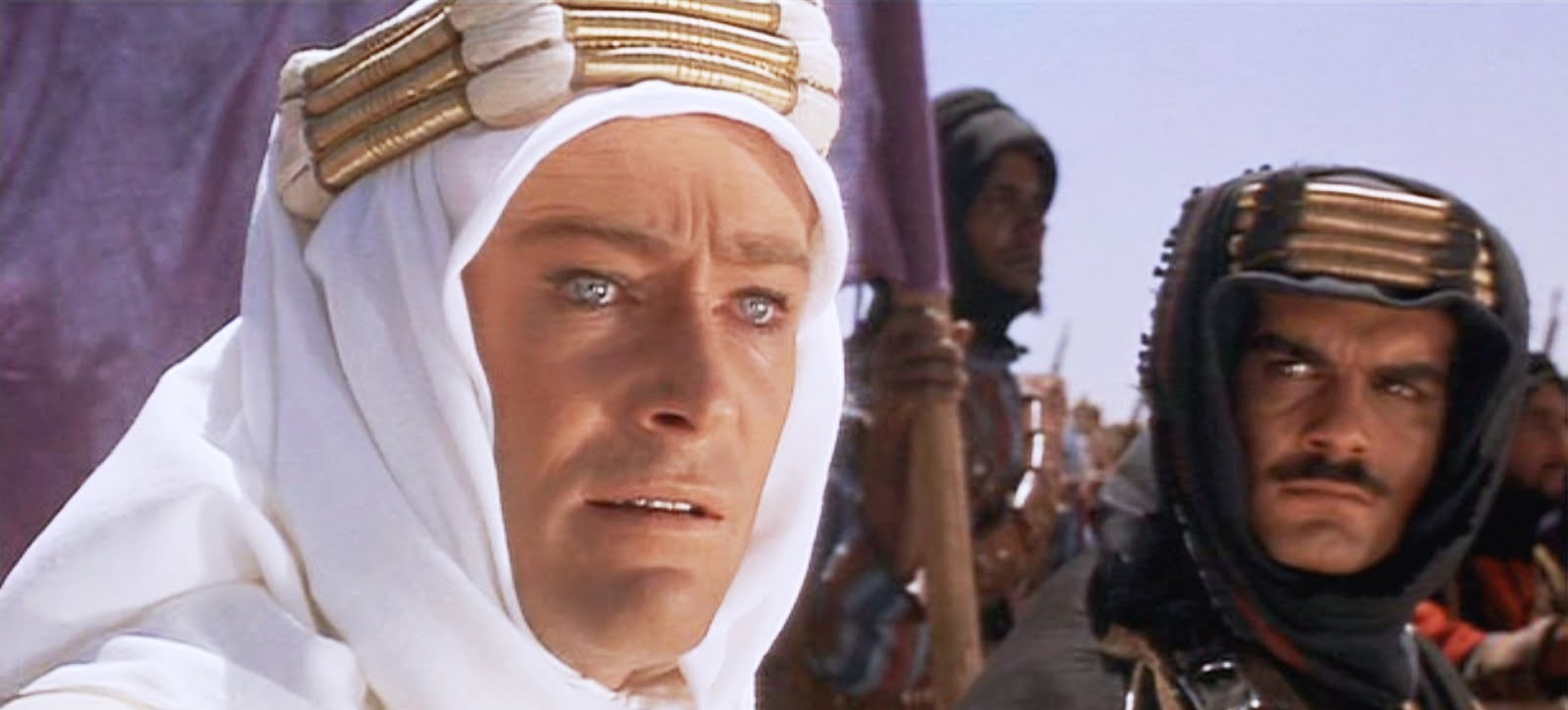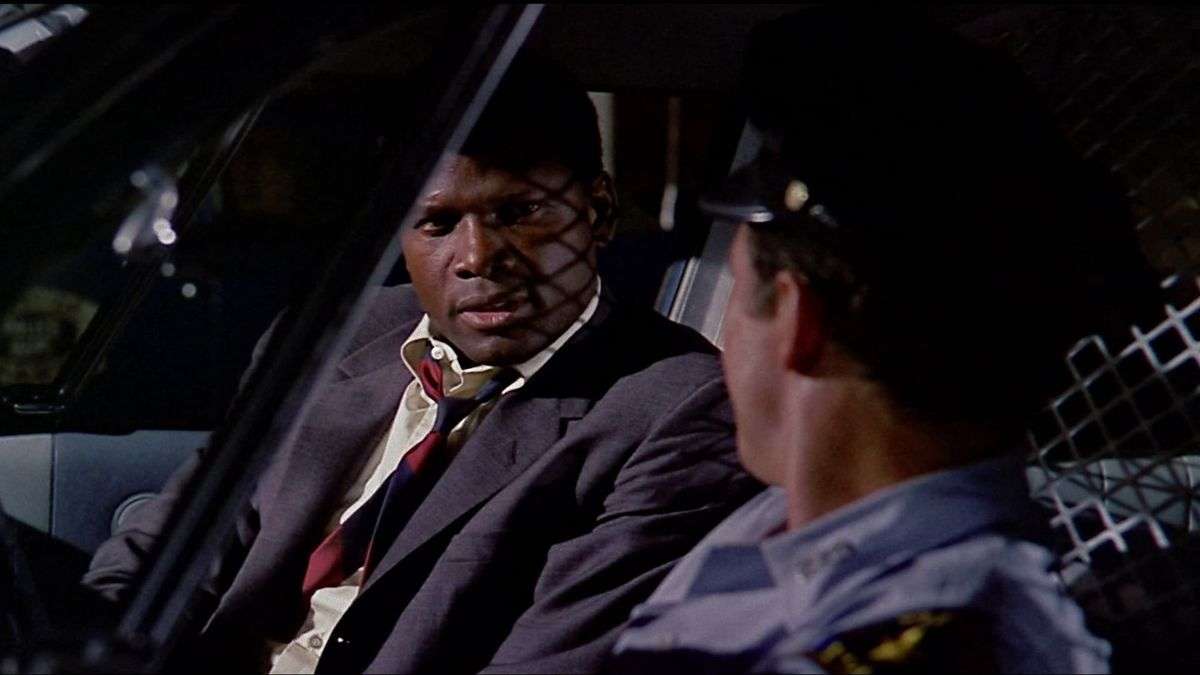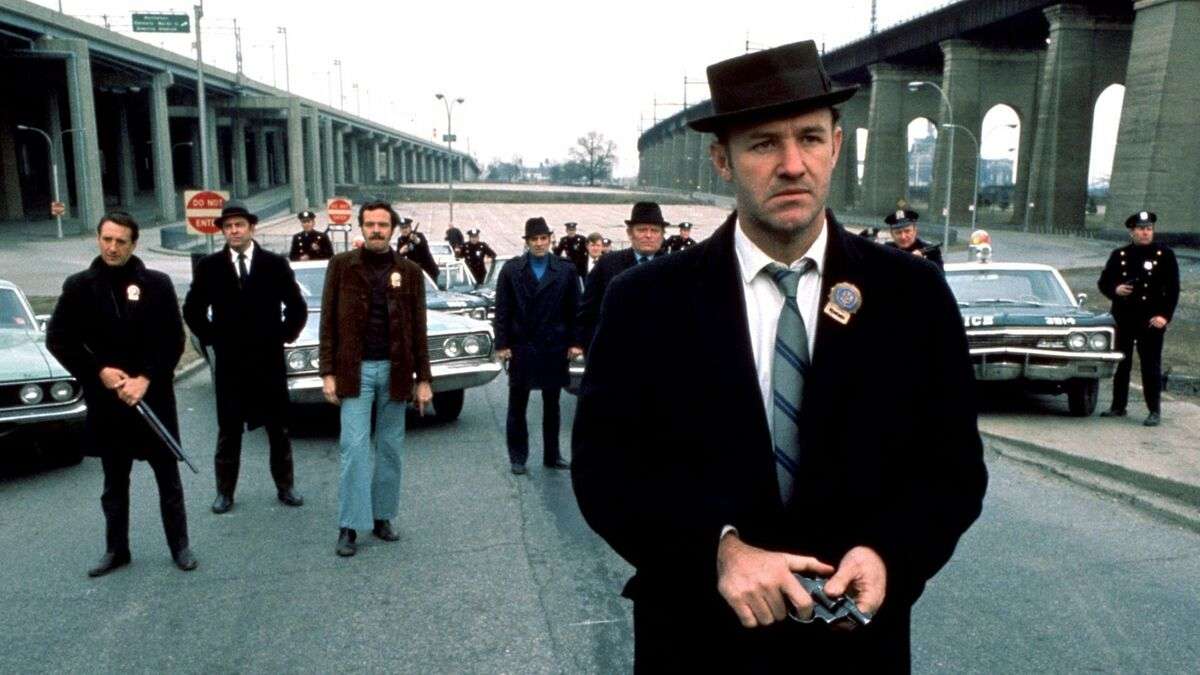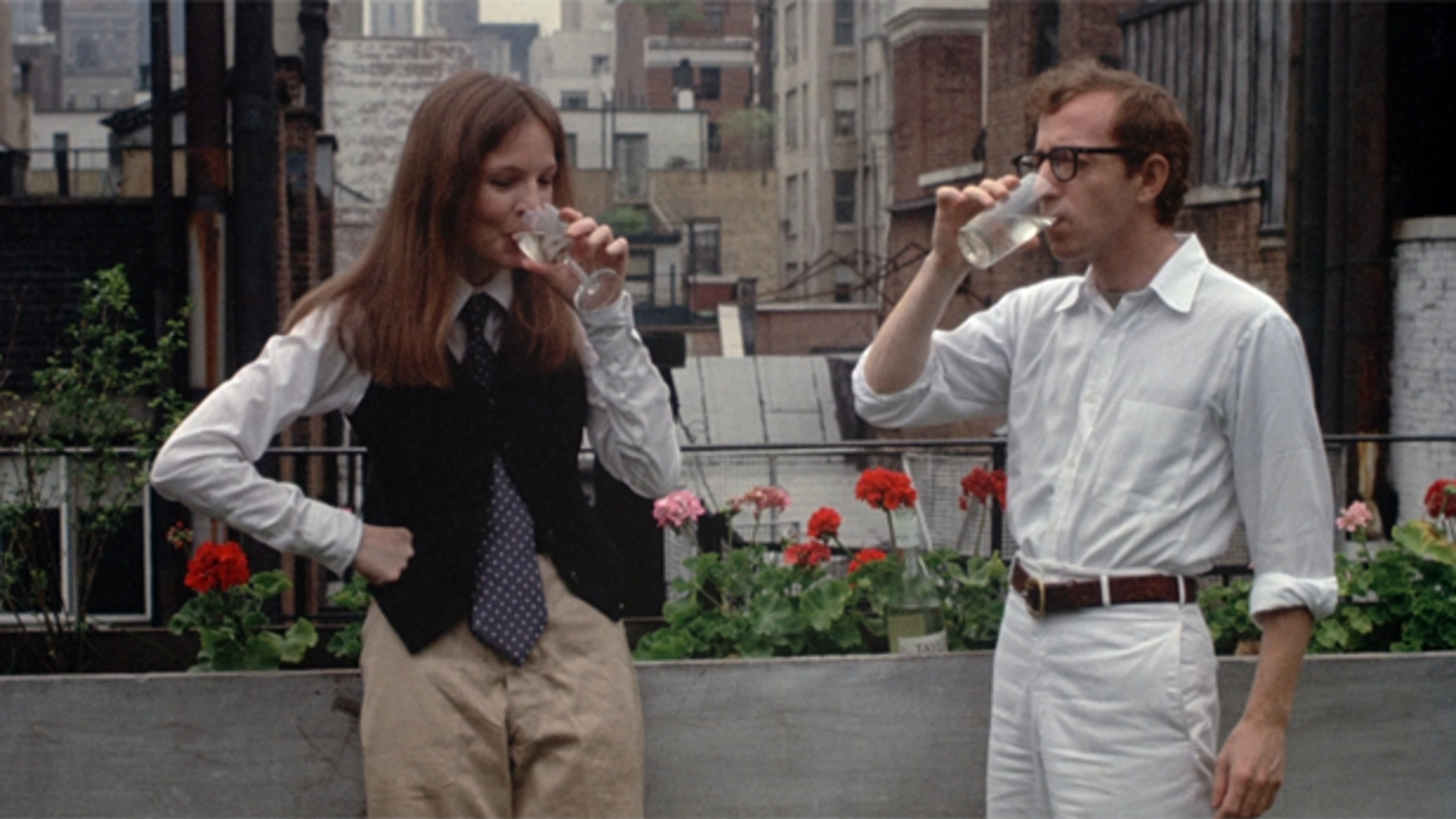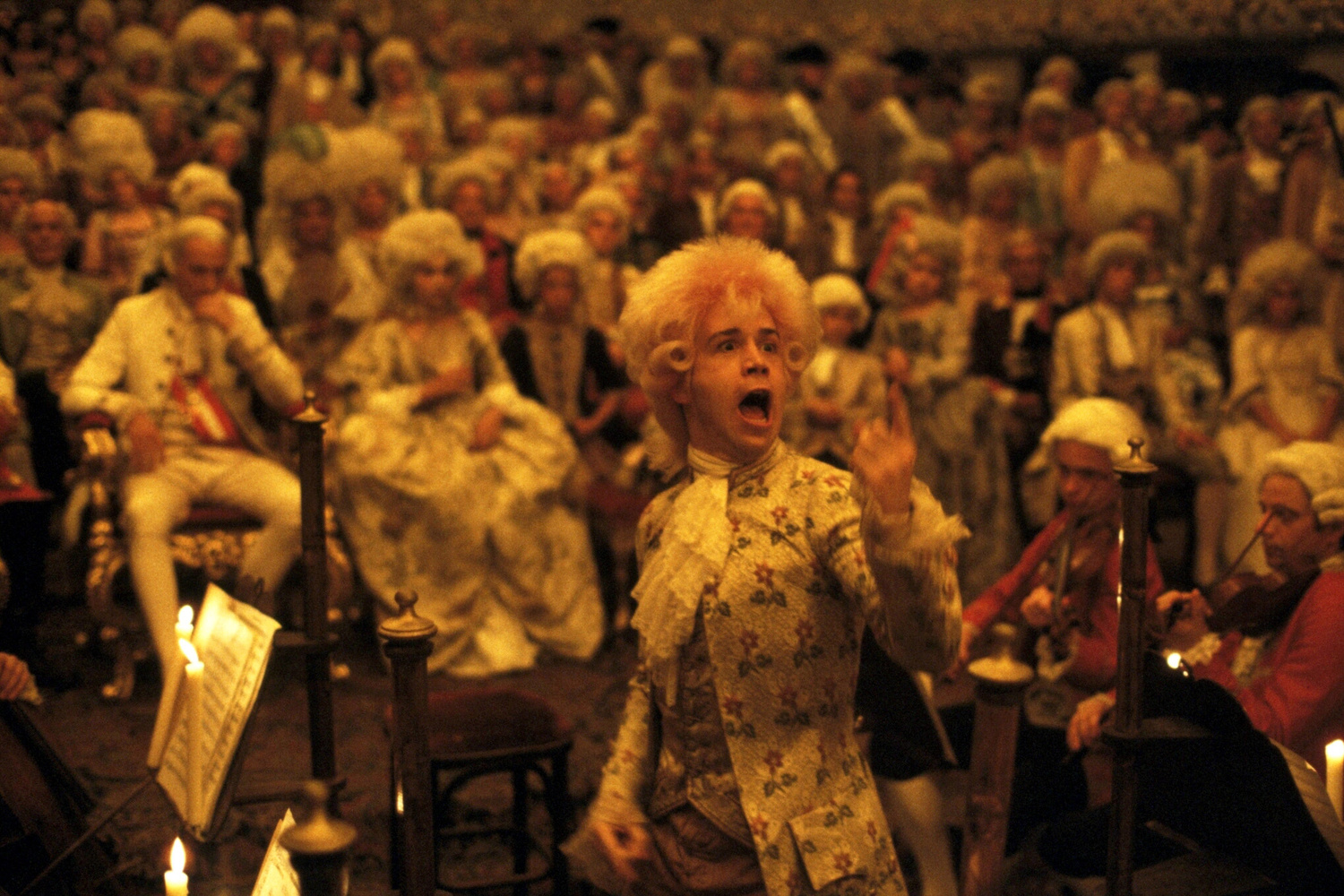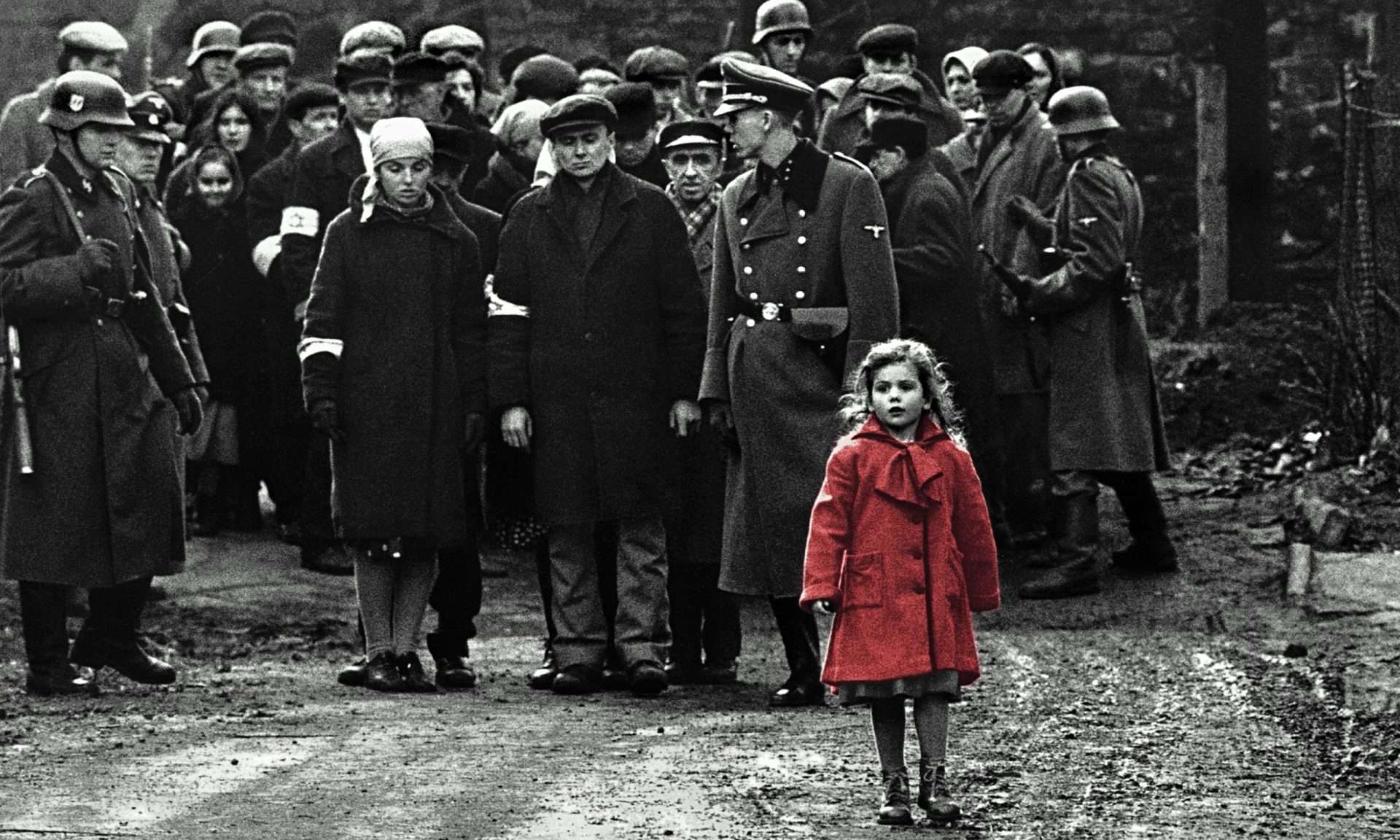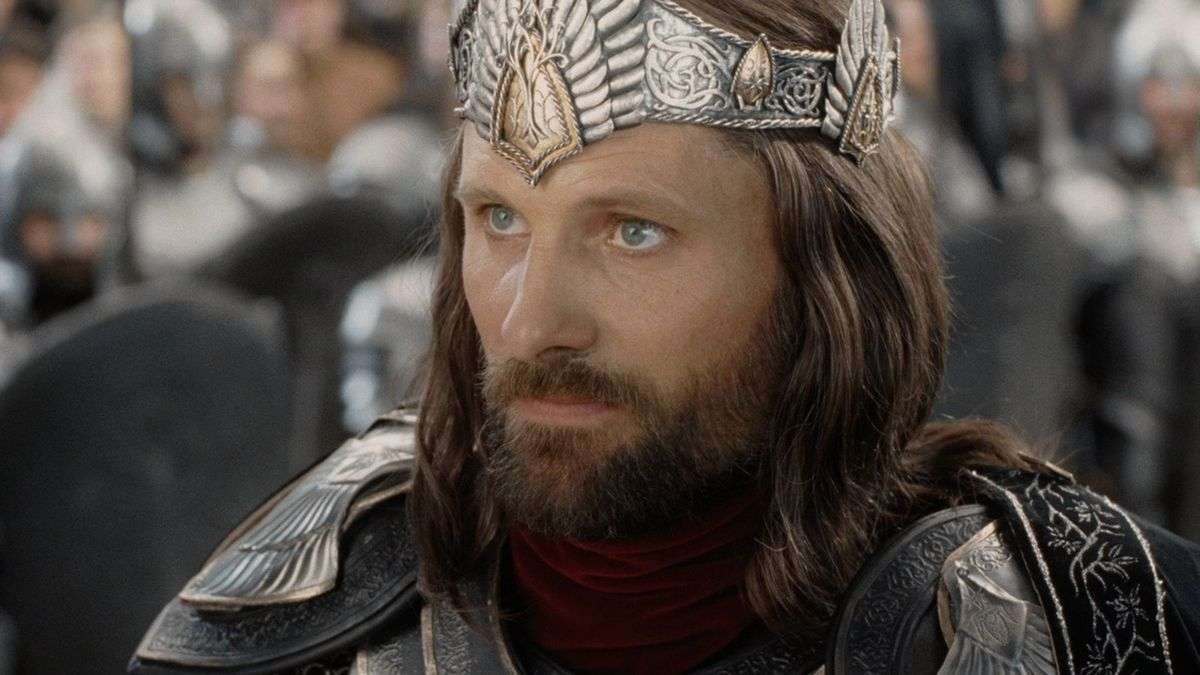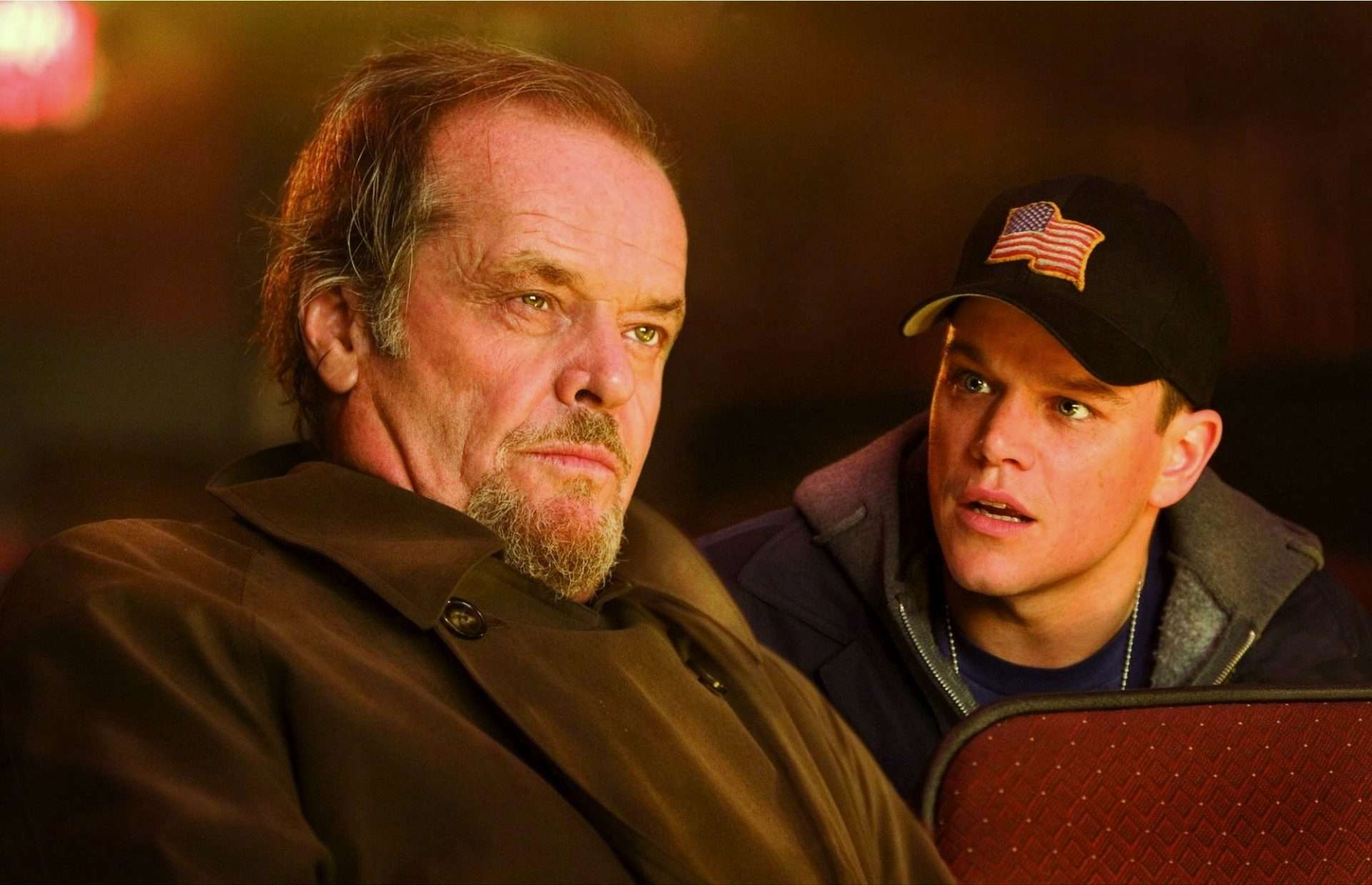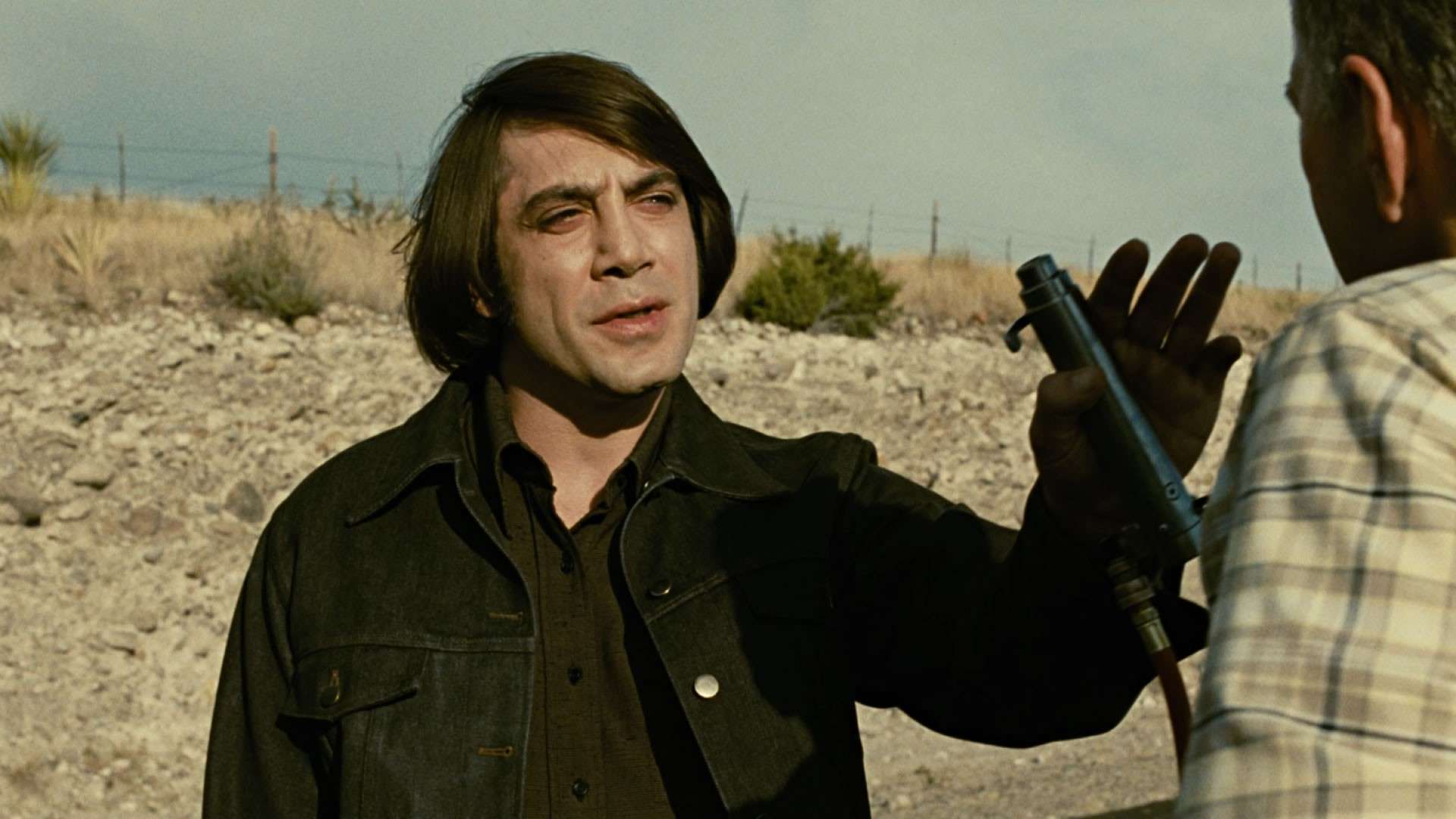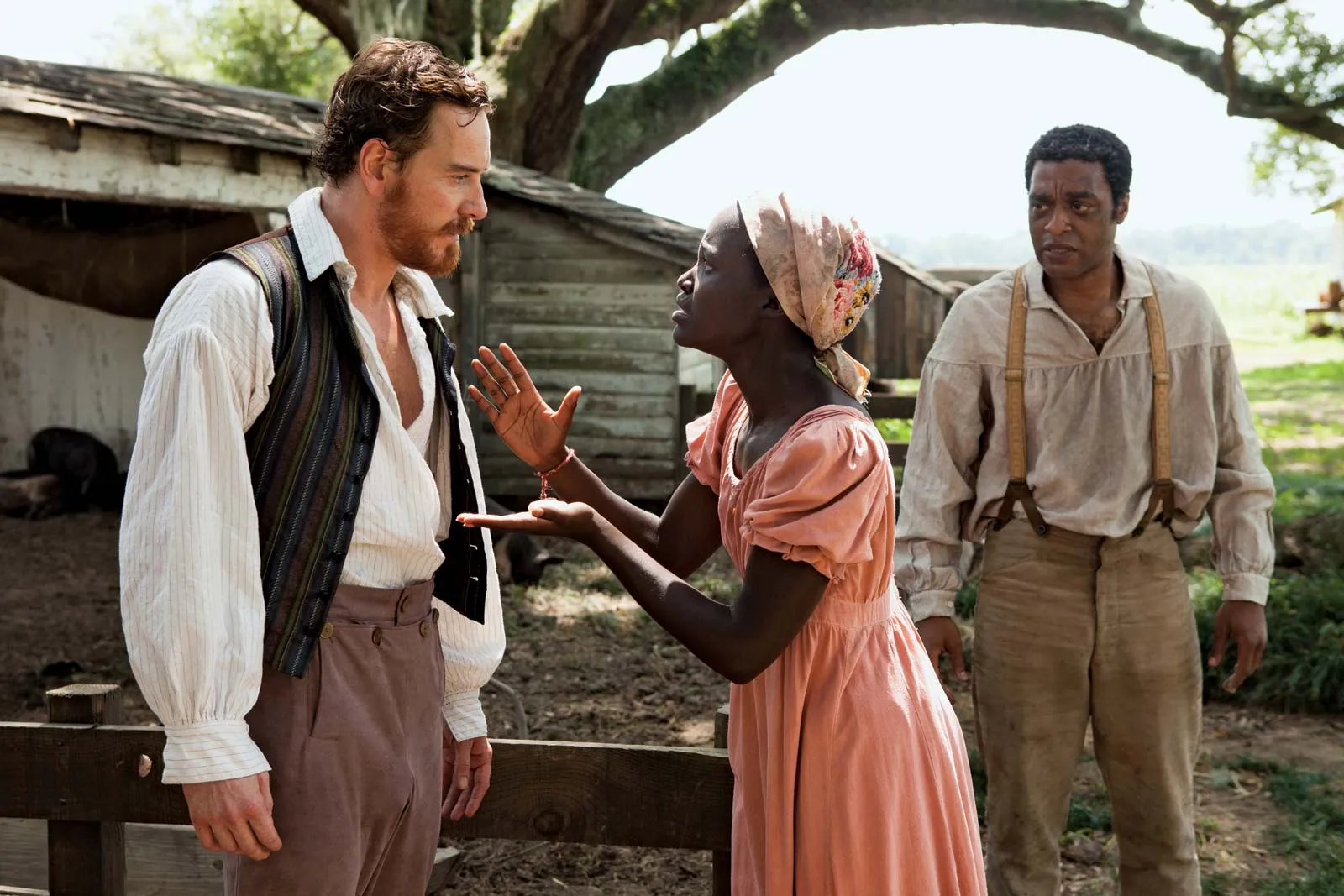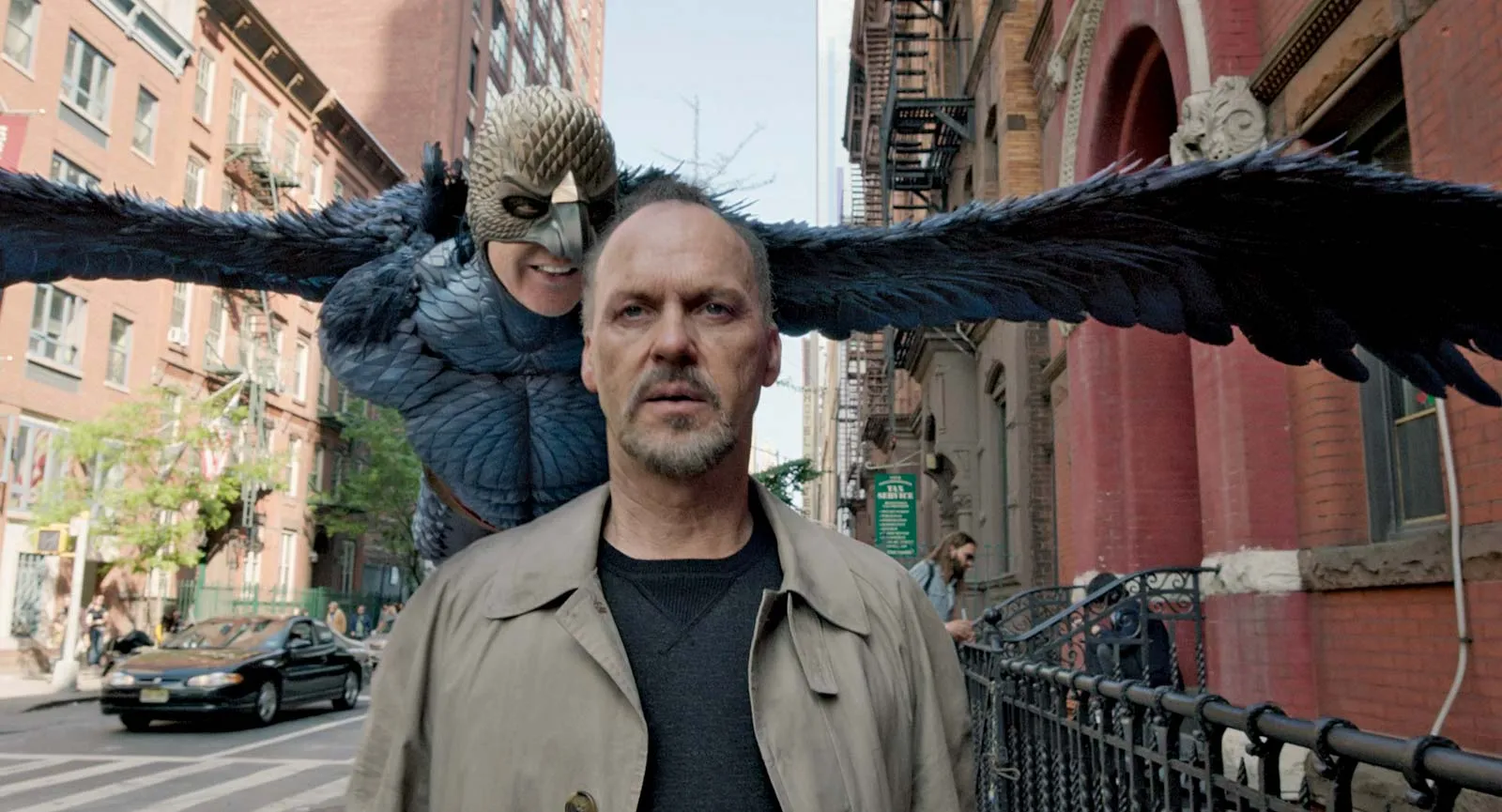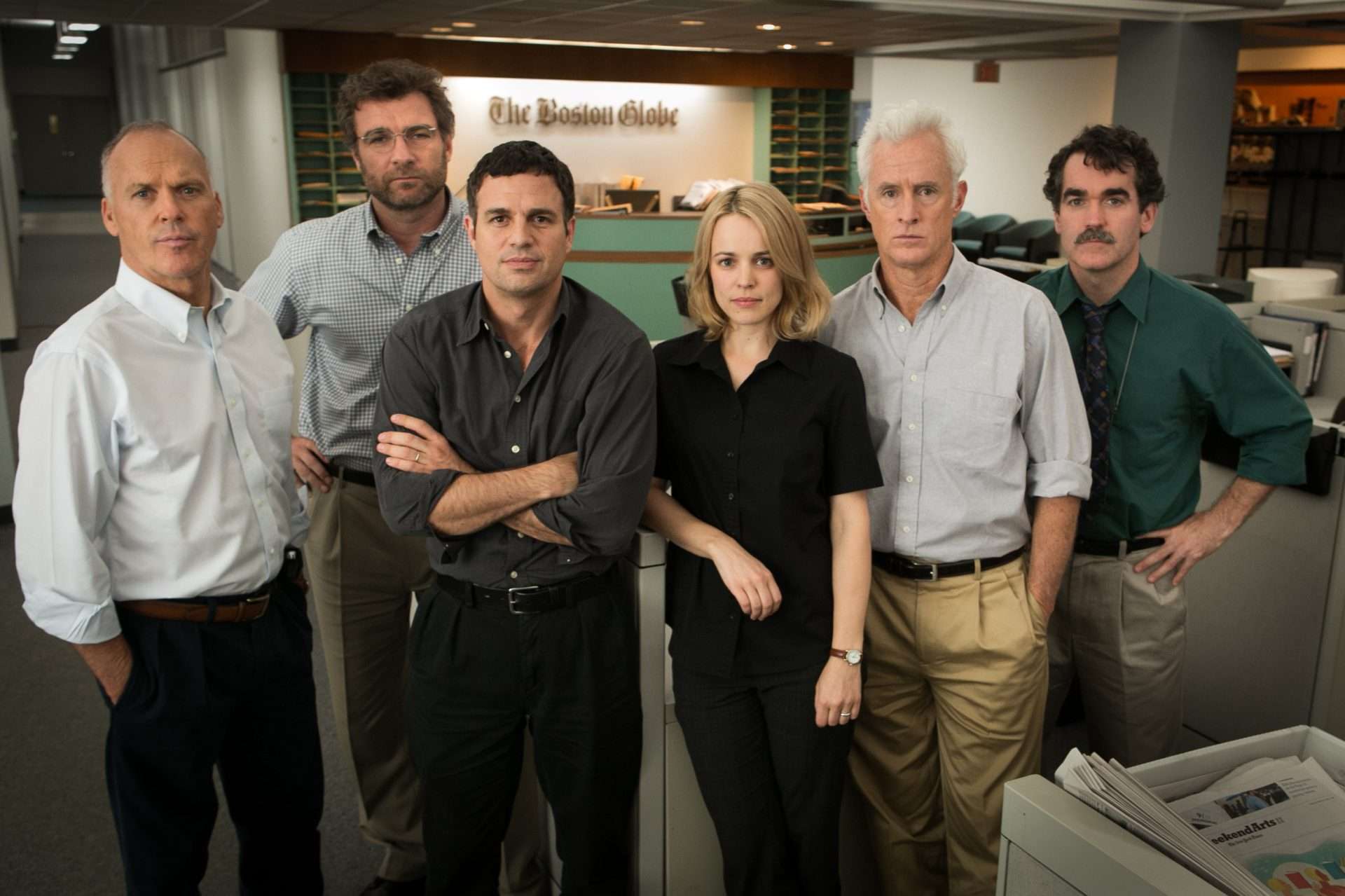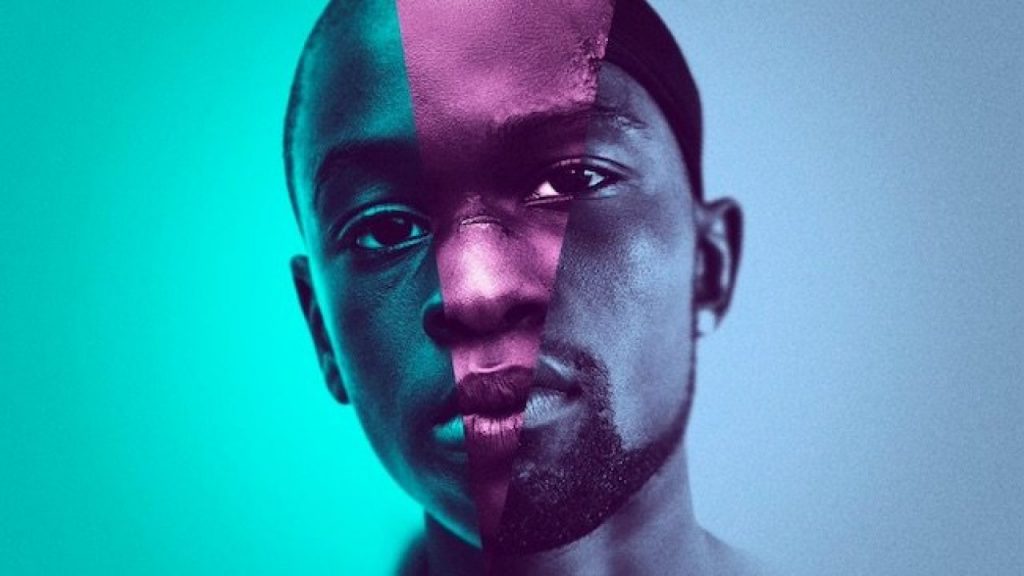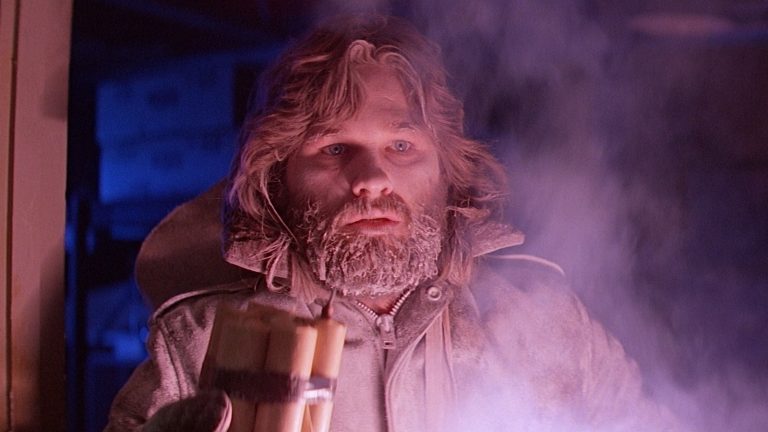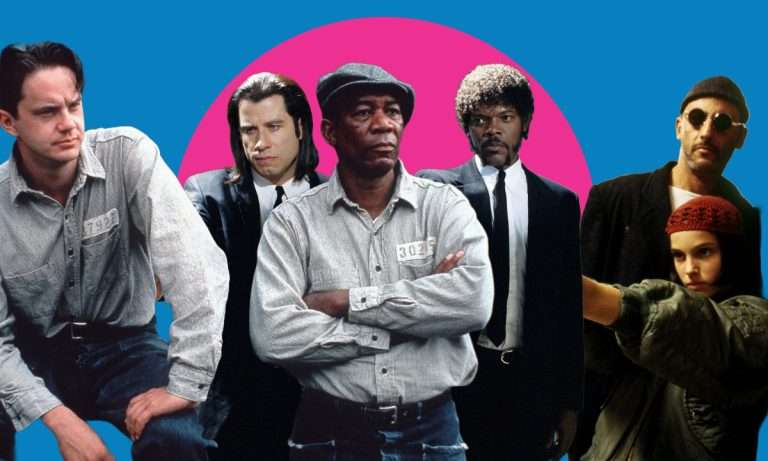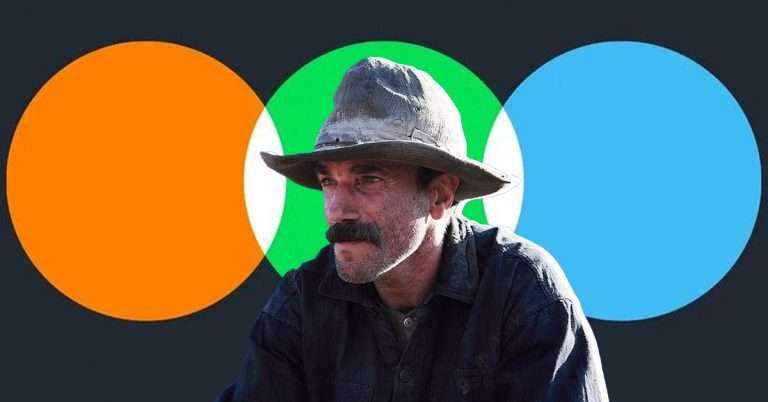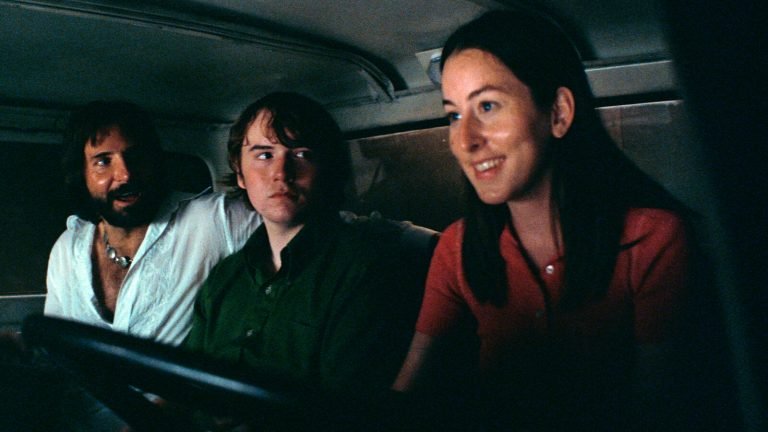The Best Picture Oscar has been one of the most prestigious awards in pop culture, and though credibility is an argument that’s inclusive of the concept of awards itself, there’s no denying the Oscars hold weight and have propelled the careers of many artists. From Katherine Hepburn to ‘The Godfather’, from John Williams to Daniel Day-Lewis, from Ennio Morricone to Roger Deakins, they’ve built a name through the Oscars and also amplified the awards’ prestige.
This list will be looking at 20 films that we believe are the Greatest Best Picture Oscar Winners throughout the history of the award, and we’ll be looking at their cultural, technical and contextual importance to the art of cinema.
1. All Quiet on the Western Front (1930)
Anti-war sentiments have for long existed in their own little war with the pro-war ones, and though the warmongers never express their distasteful perspective transparently, their attitude towards pacifists completes the picture. All Quiet on the Western Front was the first major anti-war film in America, and the likes of ‘Saving Private Ryan’ and ‘Dunkirk‘ have borrowed the film’s ideological integrity in displaying the ill-effects of war on humans that fight on the lines.
Both Spielberg and Nolan have lauded director Lewis Milestone for creating a hellish environment of confusion that plagues every soldier, demolishing the nobility and honor associated with war, and splashing morbidity all over the screen. Making most of the introduction of sound, are some heartfelt lines, including this which echoes the horror the soldiers faced, “You still think it’s beautiful and sweet to die for your country, don’t you? It’s dirty and painful to die for your country. When it comes to dying for your country, it’s better not to die at all. There are millions out there dying for their countries. And what good is it?”
2. Casablanca (1943)
- A still from Casablanca (1942) starring Ingrid Bergman (as Ilsa Lund Laszlo), Humphrey Bogart (as Rick Blaine)
It has become a norm to include ‘Casablanca‘ in most Top Films Lists, and it’s only because Michael Curtiz’s masterpiece gets everything right, despite being built on an ordinary-seeming screenplay. It has now turned into one of the most memorable American films, with stellar performances from Humphrey Bogart and Ingrid Bergman, who deliver ‘Casablanca’s insane lines with exquisite delivery. To call ‘Casablanca’ romantic or sentimentalist is a joke, and Rick’s “We’ll always have Paris” is not a profession of love but the acceptance that even love cannot survive in the chaos of his world.
‘Casablanca’ evokes a strong feeling of optimism in our search for if not complete then some redemption, and how as time passes and circumstances along with it, our concept of redemption changes and only at the moment when it’s delivered to us, do we truly realize its actualization and importance. If there’s an American film from the ’40s whose impact is unequivocally reflective of the magical quality of tiny particles of light projecting into large life-changing images, then it’s ‘Casablanca’.
3. All About Eve (1950)
Vanity has been a pretty popular subject in Hollywood, and we know of stars whose careers spiralled into nothingness because of this very toxic attribute. In an ideal world, vanity wouldn’t walk hand-in-glove with a strong sense of insecurity, but Hollywood is and has always been the farthest thing from the ideal world. ‘All About Eve’ reminded me of ‘Birdman’, and how that pride which is dependent on status can cut through its owners when it’s exposed to the slightest amount of vulnerability.
Mankiewicz’s characters really have no scale or direction for success, their only aim is to leap from Broadway to Hollywood, without any idea of where they’d land or how they’d land. The leap is the only thing that concerns them, and the leap they believe will cement their legacy, like that of the stars they’ve seen and heard of. And in order to make that leap, they’re ready to leave behind the platform and people who’ve helped make them what they are today. The thirst for fame is unquenchable indeed.
4. The Apartment (1960)
No. 4 in the greatest best picture Oscar list is The Apartment. There’s a reason why Billy Wilder is called the finest screenwriter in American cinema. Unlike the other legends who have striking frames and poignant scores that appeal to your senses before you’ve even seen the films, to appreciate the true genius of Wilder there’s no other way but to sit through the entirety of his film. Every line, every dialogue, every situation, every character, they are like the smoothest functioning machinery in the world gearing against each other, and collectively producing the dynamics for Wilder’s acutely cynical but effortlessly coherent world.
‘The Apartment’ is Wilder tackling an anti-traditionalist concept in a traditionalist setting, the unspoken vs the seen. Wilder with his tamed naughtiness, is like a peeping tom who watches through the curtains, for not himself but for you to see, and while you amuse yourself with the events unfolding, he derives his amusement from your innocence which is now fading away.
5. Lawrence of Arabia (1962)
David Lean’s masterpiece, ‘Lawrence of Arabia‘ is considered by many to be the greatest English language epic. It’s impossible to find a film prior to Lawrence of Arabia that uses the camera as ambitiously and manages to exude a cinematic scale that would be revered for aeons, maybe only Abel Gance’s ‘Napoleon’ is on par.
Eight-time Oscar-nominated Peter O’Toole plays TE Lawrence, a narcissistic and flamboyant British Army officer, whose biography the film covers with a magnitude that not only treats Lawrence as an icon but creates a symbiotic relationship between him and the desert, one that unveils their legendary being but also one that blends Lawrence and the sand and the horizon into one spectacular mass, courtesy of Lean’s vision.
Lean was critical of imperialism, and yet a film that bestows grandeur on colonialism and the historically sadistic figure of Lawrence still leaves me puzzled as to why I continue to adore it. Maybe it’s how morally conflicted Lawrence himself was that scrambles your mental conditioning into arriving at a definite judgement, and you just end up drowning in the enigmatic quicksand that Lean has managed to create.
6. In the Heat of the Night (1967)
In the Heat of the Night is one of the finest neo-noir films from the US that I have seen particularly because it has a very conscious portrayal of a protagonist with socially marginalised identity in a genre film. The film should serve as a textbook for all the conveniently ignorant filmmakers to whom diversity is about tokenistic performances and not an essential feature of their efforts.
As significant, organic and groundbreaking as Ben in Night of the Living Dead, Sidney Poitier plays Virgil Tibbs with immense force. His challenge extends beyond the whodunit mystery, for he has to confront racial violence but this character doesn’t engage in a racial bargain for survival.
Henceforth, we see the iconic slap in return by Tibbs to Endicott, doing more to establish equality than the efforts of contemporary white liberals. In the Heat of the Night deserved then and deserves now all the reverence and emerges as an iconic Best Picture winner.
7. The Godfather 1 & 2 (1972 & 1974)
Both the Godfather films are inseparable and yet individual masterpieces, thus for the list of greatest best picture Oscar winners, it was impossible and irrational to pick only one. ‘The Godfather‘ duology is arguably the most seminal story in American film-making history. Francis Ford Coppola’s mafia epic cemented an approach to American cinema that had been lost due to the Hays Code and the monopoly on artistry enforced by the production houses.
Coppola pushed the “auteur” into the mainstream, and ‘The Godfather’ laid the foundation for a New Hollywood Wave that could beat its European counterparts in terms of the sheer scale and shocking realism. A cast ensemble that still begs to bettered; the likes of Brando, Pacino, De Niro and Cazale giving titanic performances. Nino Rota’s music is still as haunting as it was five decades ago. Gordon Willis’s cinematography defined what we there on-wards visually witnessed as the American gangster film.
8. The French Connection (1971)
I marvel the forcefulness with which a few films have positioned themselves in the history of cinema, William Freidkin’s The French Connection (1971) being one of them. Another neo-noir addition to the list, The French Connection too serves as a textbook in filmmaking. Its chase sequence continues to be unparalleled despite considerable advances in technology and filmmaking culture.
Additionally, it also happens to be one of those films where morality of all characters is questionable and hence, the audience are kept distant on an emotional level. In the lack of a morally uptight protagonist, The French Connection becomes about a system that is vulnerable to the abuse of power.
9. Annie Hall (1977)
‘Annie Hall’ was Woody Allen’s breakthrough as a filmmaker, and even though he had written an amazing screenplay for Love and Death, the dominant comedic approach was toned down in the former, and ‘Annie Hall’ would go on to define the white New York rom-com. Sitcoms and rom-com involving middle-class white folks, Friends, Seinfeld, you name it, they have all evolved from Allen’s ironical Jewish humour, that mixed comedy with some cynicism and rhetorical nihilism, and which peaked in ‘Annie Hall.
In ‘Annie Hall’, Allen turns the cinematic medium into a gag. He breaks the fourth wall whenever he feels like, he conjures up a spontaneous animated sequence, he intelligently adds subtitles that convey unspoken thoughts during the famous balcony sequence and the film, in general, is scattered with recollections of Allen’s character’s far-gone past and near past. Allen is as miserable as Scrooge, and he’s also his own ghost who loves to take us down the memory lane, and then flusters around in utter confusion trying to put two and two together as to why a relationship he was barely invested in never worked.
10. Amadeus (1984)
The Academy has always had a soft spot for historical epics, and Milos Forman’s recreation of 18th century Vienna is colossal and his decision to experiment with the malleability of past is ingenious. With stupendous performances from F. Murray Abraham and Tom Hulce as Salieri and Mozart respectively, Amadeus sails on the highest tides of cinema while Mozart’s euphoric symphonies drown the atmosphere like water crashing against its own self.
While Abraham shines succumbing to his ever-increasing envy of Mozart, through his eyes we also witness the magnitude of the seraphic Mozart’s genius, and how the relationship between Salieri and Mozart evolves into a weird form of mutual respect despite the unspoken acceptance of Salieri’s hatred. Forman takes a lot of creative liberties and weaves this reverie towering over you with powerful dramatic energy, unlike any other musical film. Here is the 10th entry in the list of greatest best picture Oscar winners.
Related to Best Picture Oscar Winners: 10 Best Actors Who Earned an Oscar from Their First Nomination
11. Schindler’s List (1993)
Schindler’s List is a deeply personal film. Not only it was the first piece of media that made me aware of the genocide of the jews during the second world war, it also changed how I viewed the world. Because knowing about the holocaust also opened my senses to a history and present wherein power over people has also amounted to their indiscriminate and relentless killing driven by nothing but pure hatred. A hatred rooted in one’s identity.
Until then my mind perceived that any good or bad action is driven by profit motive. But after learning about the holocaust, I could know the immense ability humans possess to hate. Surely, it can be argued that hate is brief, and inconsequential in the long run of humankind and love always prevails but it cannot be denied that the cost of victory has always been in blood of humanity.
Schindler’s List happens to be the entrypoint to world cinema for many. And it deserves the iconic status it has been given. In the light of the genocide of Palestians by the state of Israel, one must remember Schindler’s List to gauge on what side of history one would like to be.
12. The Lord of the Rings: The Return of the King (2003)
I was too late to discover The Lord of the Rings trilogy precisely because I knew that given the reputation of the three films, there will come a time when they will be re-released in cinemas. And when that time came, I wasted no minute in booking for all the three. As I rightly anticipated, The Lord of the Rings: The Return of the King turned out to be one of the most enthralling and memorable cinematic experiences of my life, in theatre and otherwise.
An epic of grandest scale possible with a meticulously designed universe and an ensemble of characters you feel devoted to, The Return of the King makes its audience feel every possible emotion. But essentially, the fantastical tale is about love, friendship and hope, and the potency of all three to dominate any darkness that roots itself in the world. Because one cannot believe that the darkness will endure.
13. The Departed (2006)
Trust Scorsese to take up one of the most interesting plots translated to screen and re-create it in his language, birthing a completely different film in the veil of a remake. While my heart lies with Infernal Affairs (2002) due to the presence of Tony Leung, The Departed is an undeniable parallel and even the greater of the two for many.
For me, The Departed reflects that the institutionalisation of power dissolves the moral boundary between legitimate and illegitimate violence. And the cause of stability and order only becomes an illusion through which power is sustained. The Departed is an important addition to this list also because it went on to become the first film that through which the Academy recognised Martin Scorsese’s directorial calibre, though it never quite needed Oscar’s validation.
14. No Country For Old Men (2007)
The Coen Brothers embody the essence of wild wild west more than John Ford or Howard Hawks. “At its best, life is completely unpredictable”, says Christopher Walken, and that applies to cinema too. For a long time now, Coens have been making revisionist westerns, by subverting motives and framework pertaining to the conventions from the genre.
For decades, westerns had good guys chasing bad guys, good guys looking to wipe bad guys off the face of the world. Spaghetti westerns subverted the moral facet of the good guy, and the Coen Brothers then eliminated the morality equation. They had characters who kill and who run, and this started with ‘Blood Simple’ and attained perfection with ‘No Country For Old Men’.
NCFOM expresses a very feral aspect of humans; Chigurh is the cat that will chase down the mouse and the cheese at all costs, and Moss the mouse that has no aim but to run away with the cheese. And alongside this chaotic cat-and-mouse chase is Sheriff Bell, who represents the concept of the convention, which applies to both society and film, and how conventions have no place in a riveting cluster-f**k like this. Here is the 9th entry in the list of greatest best picture Oscar winners.
15. 12 Years a Slave (2013)
Trust Steve McQueen to create a most brutal but true portrayal of all the crimes we have committed against humanity as a civilisation. 12 Years a Slave a biographical drama that also becomes the vessel through which Steve is reaching out to a relatively younger audience of a new generation and making them aware of the cost of freedom, something that must be inherently and indiscriminately available to all.
The story of Solomon Northup is also a story of resilience, courage and hope; an important chapter from the history of a genocidal empire that the US boasts of in the present. 12 Years a Slave is also a polarising film for a number of valid reasons and its Best Picture is also branded performative of the whites but it remains a film that managed to changed me as a person. Hence, the inclusion.
16. Birdman (2014)
Birdman is a filmmaking wonder but under all the technical bravado lies a film deeply human. Effectively establishing how work forms a large part of one’s identity and an attempt to reclaim a fading identity can be a daunting task, Birdman or (The Unexpected Virtue of Ignorance) proves to be quite meta with the effect it had on the career of its protagonist-actor Micheal Keaton. Not that Keaton wasn’t active in the acting space prior to Birdman but Birdman became a film that furthered his reputation as a performer and contributed to his resurgence as a great artist.
17. Spotlight (2015)
Continuing how Micheal Keaton had a resurgence in cinema as a performer of great talent, Spotlight happens to be the film that followed Birdman. But Spotlight is also a film that is much greater than a single actor’s legacy. Considered as the greatest Hollywood film on journalism since All the President’s Men (1976) by a majority, Spotlight substaintiates the meaning and form of journalism which lay in its cause.
Spotlight (both the story and the film) asserts that journalism is the process of rendering a truth objective; and the process requires revelations upon investigations, scrutiny, doubt, courage, and commitment. Spotlight happens to be my one of the most favourite Best Picture winners and it has the merit to be.
18. Moonlight (2016)
The last one in the greatest best picture Oscar list is Moonlight. Barry Jenkins’s ‘Moonlight‘ is the quintessential American film from this decade, and its very existence is so welcoming. Deconstructing masculinity, which is an extremely sensitive issue in the black community, Moonlight follows Chiron as he tries to put together his sexual and social identities, that are kept torn by the constructs of a world that demands him to sacrifice one for the other.
Split into three narrative sections: self-realization, self-acceptance and a search for catharsis, the three sections explore physical, sexual and emotional maturity in Chiron’s lives. Yet maturity as a gay underprivileged black man only means to build a stronger closet to shield himself from his unforgiving environment. Aided by beautiful cinematography that elevates the poignancy of the subject matter, Nicholas Britell’s heartbreaking score signifies the stirring intensity of every second in Chiron’s life, which in turn is acted out opulently.
19. Parasite (2019)
Bong Joon Ho’s Parasite is a phenomenon. It has been read, analysed and interpreted by a large number of cinephiles and it has also pushed the state to move into action. Despite the volume of literature that succeeded its reputation, Parasite continues to evoke thoughts. I view it as reflective of an aggressive phenomenon that we often fail to register: the tendency of the oppressors (in all dynamics) to otherise themselves from their co-oppressors and henceforth, perpetuate oppression.
The status quo is kept by the power elite not in ignorance but through very conscious actions. The cyclic nature of oppression is naturalised by the system itself that poses to be pro-equality. Parasite is one of the most deserving Best Picture winners in the history of Academy Awards.
20. Everything Everywhere All At Once (2022)
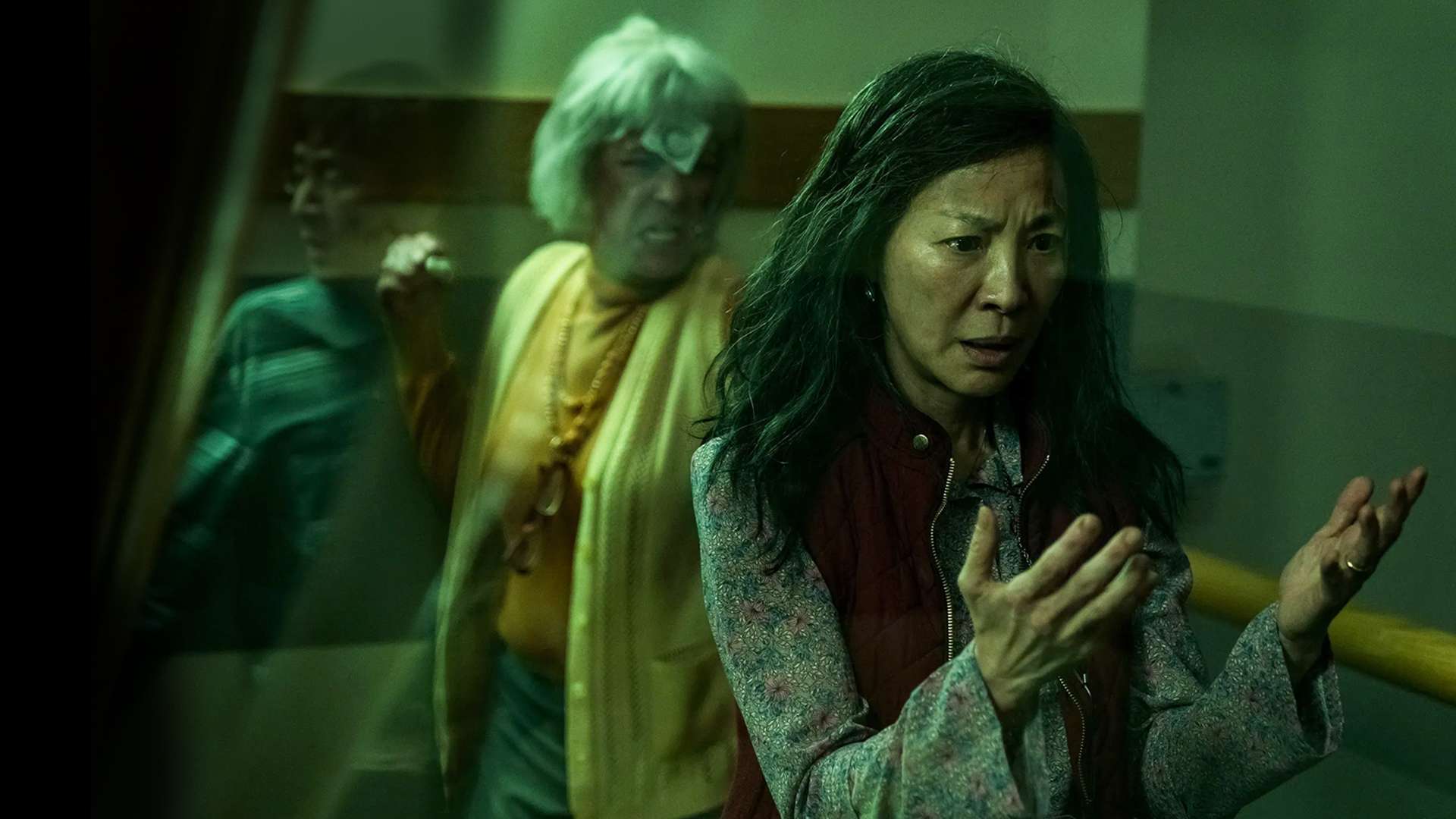
Here comes the film which became a pop culture sensation. When I watched it for the first time, I was left underwhelmed by a film that appeared to me incoherent and self-contradicting. Then I watched it again in a theatre, and I was met with a cinematic force. I had to acknowledge my faulty reading and embrace the film’s philosophy that could be reduced to simple statements.
This was a film that answered the existential meaninglessness all of us face at some point in life in the most obvious manner and yet manages to make it profound. While a small problem persists in how it resolves its central conflict, Everything Everywhere All At Once never stops becoming a film that champions love and kindness. These two virtues are the most important in the present and will remain so for the future to come.


